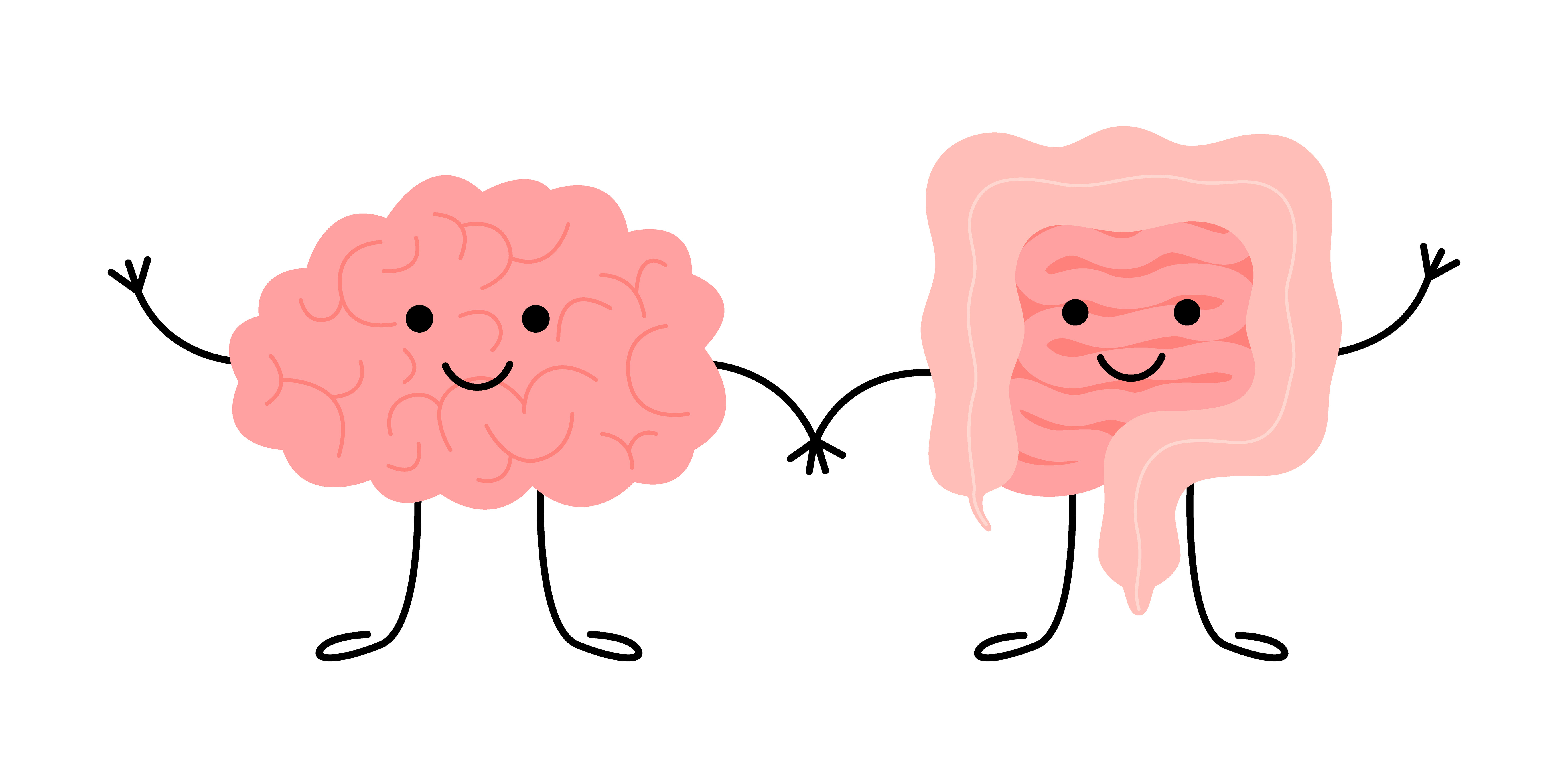You’ve likely heard the term “gut reaction” to describe disgusting situations or experiences. In fact, when the brain perceives elements that evoke disgust, our gastric myoelectric rhythms physically change. One study conducted by Nord et al. puts that saying to the test by changing participants’ gastric rhythms to determine whether that mitigates signs of emotional disgust. In this study Nord and other researchers use an anti-emetic drug, domperidone, which prevents vomiting and normalizes irregular gastric rhythms caused by disgusting stimuli.
Participants were shown images of stereotypically disgusting items (i.e. feces, etc.), with one placebo group and the other group given domperidone. Then, researchers offered money if they were able to look at the images for a sustained period of time. Though there was no difference in time spent looking at the images between the control and experimental groups without monetary incentive, there was a significantly reduced ocular avoidance in the experimental group compared to the control after being incentivized.
Interestingly, feelings of disgust that participants reported themselves did not vary significantly between the control and experimental groups, regardless of whether they had been incentivized or given domperidone. Thus, there was a disconnect between self-perceived feelings of disgust and how their bodies physically responded to disgusting stimuli. Domperidone did not alter self-reported feelings of disgust.
Anti-emetic drugs such as domperidone are used to stabilize gastric rhythms and counter nausea
Image Source: Peter Dazeley
To change emotions such as disgust, these findings demonstrate how exposure therapy alone is not beneficial. There needs to be a physical change in gastric rhythm and a conscious effort by the participant to change their ocular reactions. The paper compares domperidone’s effects on disgust to antidepressants on mood, where long-term usage may be required for participants to report lessened feelings of disgust though it does change their instant physiological reactions. Future research, they argue, should focus on how neural and myoelectric activity are intertwined to produce such a visceral emotion. Their research suggests how other orogastric responses (reactions that relate to the digestive tract) may also be altered by anti-emetic drugs or those that can normalize gastric rhythms, but that responses involving other regions of the body need specific drugs that target the physical mechanism of the desired region.
Featured Image Source: luliia










